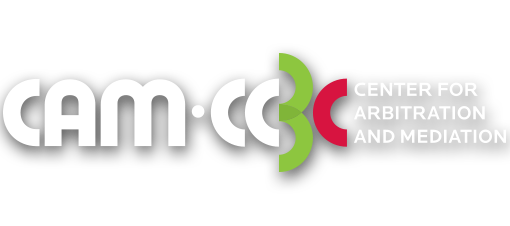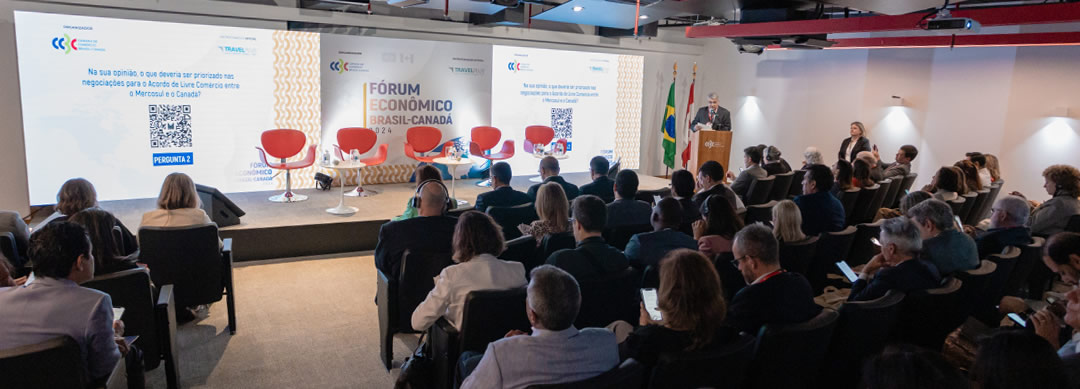Text by Silvia Pimentel
The topic was discussed during a lunch organized by the CCBC’s Economic Affairs Committee
The correlation between a diverse and inclusive work environment and increased productivity in companies, which translates into good financial results, has been demonstrated in various studies worldwide. According to experts on the subject, without diversity, it is practically impossible to promote the innovation that comes from people with different perspectives.
The progress of initiatives in this regard, however, is still slow in Brazil, despite the positive evidence of inclusion and diversification of employees in organizations. A recent and unprecedented survey by the Brazilian Institute of Corporate Governance (IBGC) that analyzed the racial diversity of administrators and employees of publicly traded companies, for example, showed that 81.1% of board members and directors self-identify as white. Mixed-race individuals represent 3.2%, black individuals 0.6%, and Asian individuals 1.8%.
The inclusion of the racial aspect in the survey—previously, only gender was included in similar periodic research—was made possible by the publication of CVM Resolution 59/21 in 2021, which required publicly traded companies to disclose racial data.
“Unfortunately, this is still the reality in most Brazilian companies. Diversity is still just rhetoric,” says Jandaraci de Araújo, a black executive, speaker, national reference in ESG, diversity, and inclusion, and one of the co-founders of Conselheira 101, a program aimed at including black and indigenous women in boards of directors, advisory boards, and committees.
One of the guests at the lunch organized by the CCBC’s Economic Affairs Committee (Chamber of Commerce Brazil-Canada), Jandaraci states that it is high time for companies to embrace the diversity agenda in its entirety—ethnicity, age, gender, religion, sexual orientation, physical and mental conditions—as a business and innovation strategy.
“There is a responsibility of the people within organizations. We need to change who makes the hiring decisions. If the person in charge does not think about being an agent of transformation with a long-term vision, the agenda does not advance, compromising even the survival of companies,” she predicts.
From the perspective of Sandro Magaldi, an expert in strategic management and sales and co-founder of MeuSucesso, a platform focused on entrepreneurship in Brazil, who also attended the lunch organized by the CCBC, the issue of diversity is extremely relevant. According to him, there are already clear studies showing that companies that effectively show greater concern for social aspects, in addition to economic ones, achieve the best results.
“There are studies showing, for example, that the fastest-growing investment funds in Europe and those that have grown the most in recent years in Brazil are those that value companies with a social responsibility agenda. In other words, companies that operate under the ESG agenda can attract investments at more favorable terms than those that do not have the same commitment,” he says.
For Magaldi, it is important to remember what Peter Drucker, one of the greatest thinkers of modern management, used to say: every company is a social organization. The first contract established for a company to exist is the social contract. Society then offers a license for the company to operate in its environment. As such, from that moment on, it has the responsibility to exchange value with society.
“There is no more room for organizations that exclusively focus on extracting financial value from society. Leaders can no longer think of the organization as anything other than a social entity, even if it is private, with important responsibilities in its operations,” he emphasizes.
The expert draws attention to the degree of exposure that organizations currently face, reinforcing the need for a change in attitude regarding the topic. “Today, with social media, any act within any organization is easily exposed and shared with everyone. This increased scrutiny by social entities regarding what a company does presents significant challenges,” he concludes.





